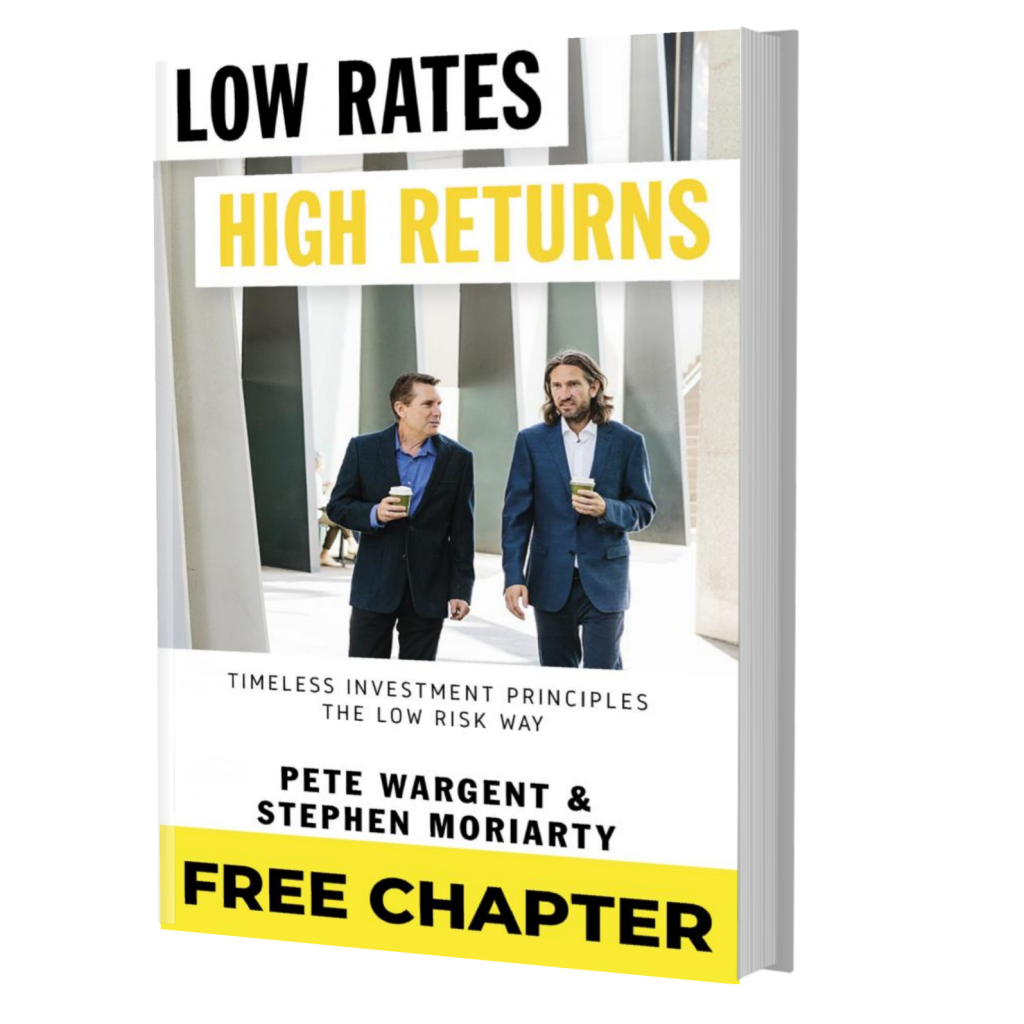We’re all selling something
You may or may not work in a defined sales role, but in a sense we’re all selling something these days.
In any case, you’ll likely be involved in many transactions through the course of a productive working week, so it makes sense to understand a little about how the sales process typically works.
A smooth & well-executed sale can be a win-win for both buyer & seller, so let’s take a look at the…
Anatomy of a sale
A good salesmen knows first how to connect with a prospective buyer and build rapport with them.
Without rushing, the seller then looks to discover the needs of the buyer, through genuinely connected listening, and well-targeted questions.
Next the seller must match the needs of the buyer appropriately with their product or service, outlining the benefits, advantages, or unique selling point of their proposition.
And finally comes the closing of the sale, the techniques of which have been the subject of a thousand sales books, from trial closes to assumptive closes, delivered via direct or indirect approaches.
A skilful & experienced salesperson has a range of well-honed techniques for gaining agreement with the buyer throughout the process, including the repetition of key statements for clarity.
4 types of buyer
Knowing the personality type & likely characteristics of a potential buyer can be a hugely beneficial guideline through the sales process.

(i) Analytical buyers tend to have orderly & exacting thought processes, so listen carefully, show them accurate data, and explain how the purchase can work for them clearly and in detail;
(ii) Amiable personality types tend to avoid conflict and value personal relationships. Being people-focused they’ll want to know how you can impact the lives of customers positively, so cite examples of where you have added value in the past;
(iii) Expressives are involved & sociable, and often enjoy excitement & interpersonal action. Enthusiastic & drawn to big ideas, face-to-face meetings may prove to be more productive; and
(iv) Driven personalities like to control the pace of a conversation and take the lead in decision-making, so guide them in their next steps, and let them move the sale forward.
Of course, not every person can fit snugly into such a model, but this can be a tremendously useful roadmap for sellers to follow.
Objection, your honour
Last of all, how to tackle buyer objections?
It depends on the nature of the objection, of course, but a simple 3-part approach is to acknowledge the point, identify a circumstance where the same or a similar issue has arisen from a previous client or user of your product or service, and explain how you successfully resolved it for them.
Savvy buyers will sense inauthenticity a mile away, so show integrity, be genuine, and ensure a consistency of your message.
If you believe in your product, then your credibility & trustworthiness will follow.





